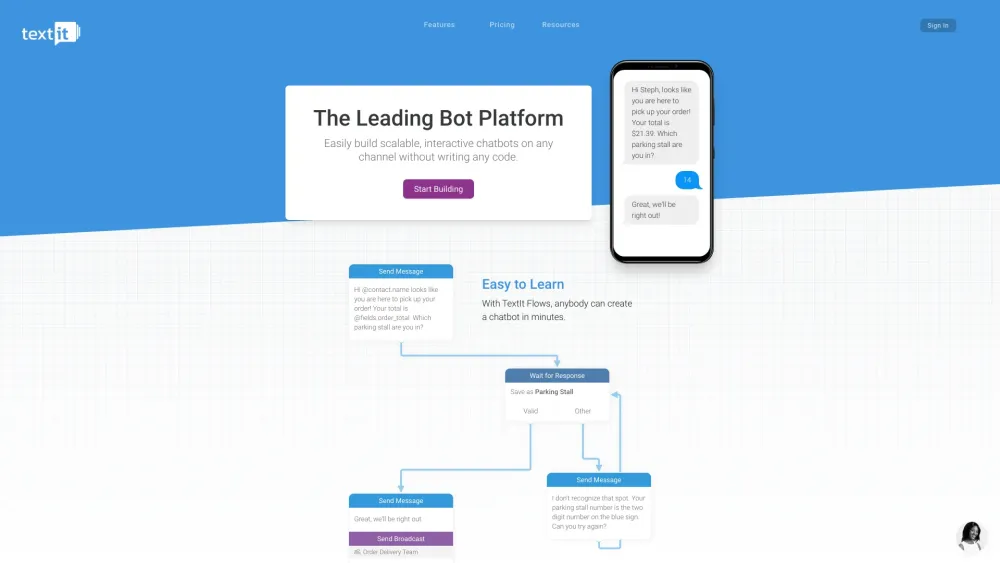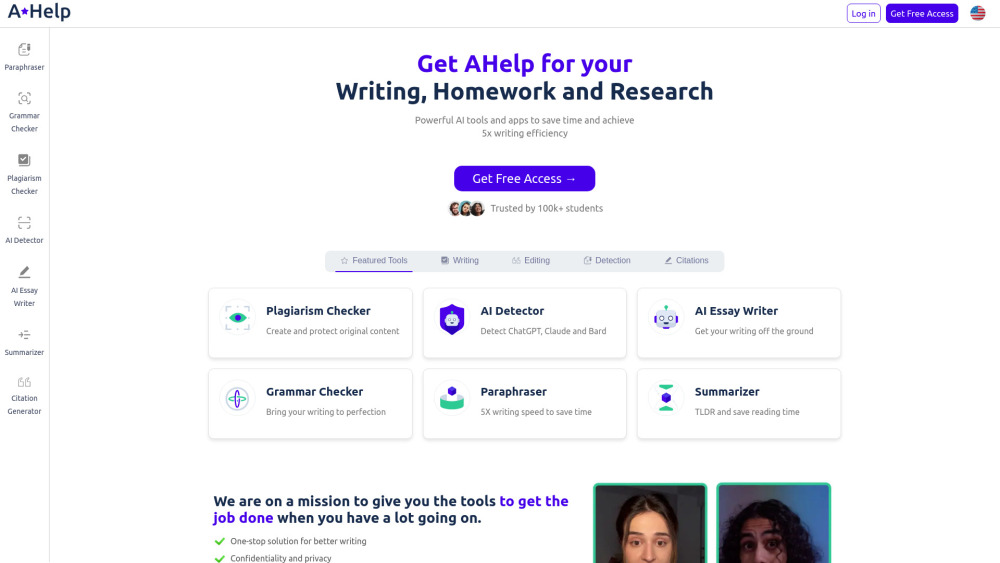OpenAI is preparing to establish its first office in the European Union (EU) and is planning a series of strategic hires to navigate upcoming regulatory challenges. The creator of ChatGPT announced that it will open its third office, following locations in San Francisco and London, in Dublin, Ireland. This move aims to strengthen connections with European lawmakers and customers while benefiting from a more favorable tax environment.
Currently, OpenAI's careers page lists nine job openings in Dublin, reflecting its organizational priorities. Among the roles available are an associate general counsel for the EMEA region, a policy and partnerships lead for global affairs, a privacy program manager, a software engineer focused on privacy, and a media relations lead, alongside various payroll and customer service positions. These hires signify OpenAI's commitment to data privacy and its intention to communicate this message boldly.
Understanding the European Landscape
OpenAI has faced heightened scrutiny due to the rapid rise of ChatGPT, a generative AI chatbot capable of producing extensive content from straightforward text prompts. In March, Italy blocked ChatGPT over concerns regarding data protection, particularly related to the potential unlawful processing of personal data and inadequate safeguards for minors. Spain followed suit, although OpenAI reintroduced ChatGPT in Italy after implementing new privacy disclosures and controls.
Recently, OpenAI was accused of several data protection violations by a privacy researcher who submitted a complaint to the Polish data protection authority. The complaint highlights concerns over compliance with the EU's General Data Protection Regulation (GDPR), addressing issues such as transparency, data access rights, lawful processing bases, fairness, and privacy by design.
Looking ahead, the EU AI Act aims to regulate AI applications based on their perceived risks. If passed, it will establish the first comprehensive AI regulations globally and could serve as a model for other countries.
Earlier this year, OpenAI CEO Sam Altman undertook a tour across Europe, engaging with regulators while cautioning against excessive AI regulation. This stance contrasts his recent comments to U.S. regulators, where he insisted on the importance of AI regulation and the necessity for an international regulatory body.
Given these dynamics, OpenAI's decision to establish a presence in the EU seems essential, even if its current hiring efforts appear modest compared to the scale of the EU’s demands. This effort is significantly smaller than the lobbying expenditures of major tech firms like Meta, Alphabet, and Microsoft in their attempts to influence regulations in Europe.
As Europe becomes an increasingly critical hub for AI development, OpenAI is poised to expand its influence and advocacy efforts in the region.






